Antonio Debenedetti | |
|---|---|
 Debenedetti in 2010 | |
| Born | 12 June 1937 Turin, Italy |
| Died | 3 October 2021 (aged 84) Rome, Italy |
| Nationality | Italian |
| Occupation | Writer |
Antonio Debenedetti (12 June 1937 – 3 October 2021) was an Italian writer. [1]
Antonio Debenedetti | |
|---|---|
 Debenedetti in 2010 | |
| Born | 12 June 1937 Turin, Italy |
| Died | 3 October 2021 (aged 84) Rome, Italy |
| Nationality | Italian |
| Occupation | Writer |
Antonio Debenedetti (12 June 1937 – 3 October 2021) was an Italian writer. [1]
Debenedetti received the Viareggio Prize in Fiction in 1991 for Se la vita non è vita and the Napoli Prize in 2005 for E fu settembre.
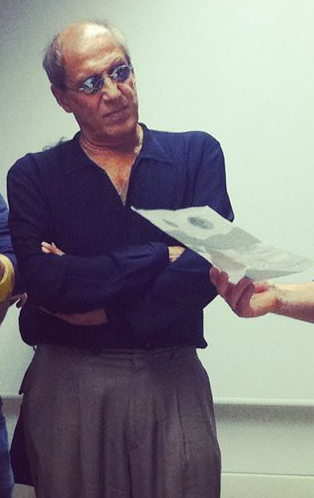
Adriano Celentano is an Italian musician, singer, composer, actor, and filmmaker. He is dubbed il Molleggiato because of his dancing.

Francesco Guccini is an Italian singer-songwriter, considered one of the most important cantautori of his time. During the five decades of his music career he has recorded 16 studio albums and collections, and 6 live albums. He is also a writer, having published autobiographic and noir novels, and a comics writer. Guccini also worked as actor, soundtrack composer, lexicographer and dialectologist.
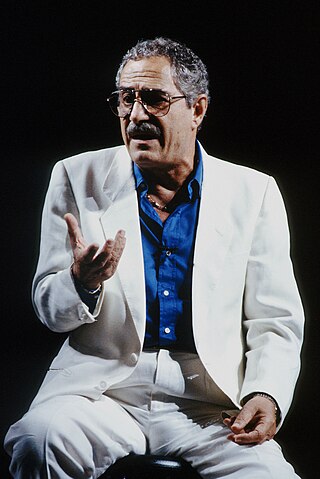
Saturnino "Nino" Manfredi was an Italian actor, voice actor, director, screenwriter, playwright, comedian, singer, author, radio personality and television presenter.
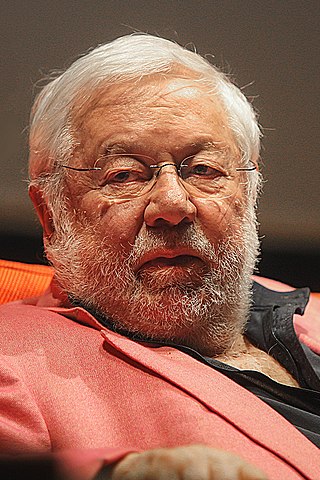
Paolo Villaggio was an Italian actor, voice actor, writer, director and comedian. He is noted for the characters he created with paradoxical and grotesque characteristics: Professor Kranz, the ultra-timid Giandomenico Fracchia, and the obsequious and meek accountant Ugo Fantozzi, perhaps the favourite character in Italian comedy. He wrote several books, usually of satirical character. He also acted in dramatic roles, and appeared in several movies.

The Strega Prize is the most prestigious Italian literary award. It has been awarded annually since 1947 for the best work of prose fiction written in the Italian language by an author of any nationality and first published between 1 May of the previous year and 30 April.

Romolo Valli was an Italian actor.
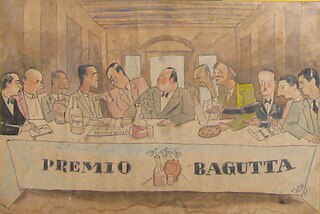
The Bagutta Prize is an Italian literary prize that is awarded annually to Italian writers. The prize originated among patrons of Milan's Bagutta Ristorante. The writer Riccardo Bacchelli discovered the restaurant and soon he regularly gathered numerous friends who would dine there together and discuss books. They began charging fines to the person who arrived last to an appointed meal, or who failed to appear.
The Nastro d'Argento is a film award assigned each year, since 1946, by Sindacato Nazionale dei Giornalisti Cinematografici Italiani, the association of Italian film critics.
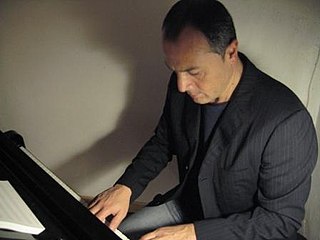
Andrea Ridolfi is an Italian musician, composer, and conductor.
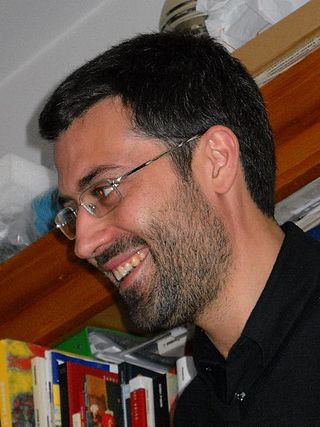
Andrea Bajani is an Italian novelist, poet, and journalist. After his debut with Cordiali saluti, it was Se consideri le colpe which brought him a great deal of attention. Antonio Tabucchi wrote about his debut novel, "I read this book with an excitement that Italian literature hasn't made me feel in ages." The book won the Super Mondello Prize, the Brancati Prize, the Recanati Prize and the Lo Straniero Prize.
The Acqui Award of History is an Italian prize. The prize was founded in 1968 for remembering the victims of the Acqui Military Division who died in Cefalonia fighting against the Nazis. The jury is composed of seven members: six full professors of history and a group of sixty (60) ordinary readers who have just one representative in the jury. The Acqui Award Prize is divided into three sections: history, popular history, and historical novels. A special prize entitled “Witness to the Times,” given to individual personalities known for their cultural contributions and who have distinguished themselves in describing historical events and contemporary society, may also be conferred. Beginning in 2003 special recognition for work in multimedia and iconography--”History through Images”—was instituted.
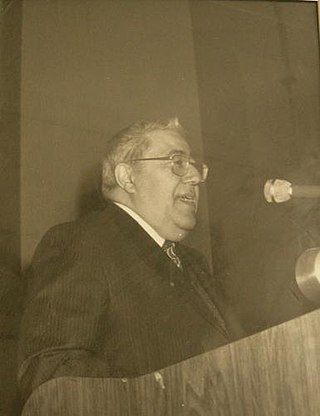
Enzo Giudici was an Italian academic who specialized in French Renaissance literature, particularly Louise Labé and Maurice Scève. Giudici was also a publicist often compared with fascism.
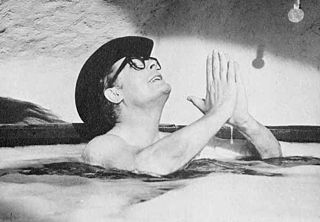
The list of the 100 Italian films to be saved was created with the aim to report "100 films that have changed the collective memory of the country between 1942 and 1978". Film preservation, or film restoration, describes a series of ongoing efforts among film historians, archivists, museums, cinematheques, and non-profit organizations to rescue decaying film stock and preserve the images they contain. In the widest sense, preservation assures that a movie will continue to exist in as close to its original form as possible.
The Nastro d'Argento is a film award assigned each year, since 1948, by Sindacato Nazionale dei Giornalisti Cinematografici Italiani, the association of Italian film critics.

Luca Desiato is an Italian journalist and writer.
Corrado Fortuna is an Italian actor and director.
Marco Onofrio is an Italian writer, essayist and literary critic. In 1995 he graduated with honors in contemporary Italian literature from the University of Rome "La Sapienza", defending a Laurea dissertation on the poet Dino Campana, which was awarded the 'Eugenio Montale' European Prize in 1996. His work deals primarily with modern and contemporary Italian literature, with special emphasis on the twentieth century writers. He studies the relationship of Italian and foreign writers with the city of Rome, and the impact of staying in or visiting Rome in their work. He also carries out activities of militant criticism aimed at the discovery and advancement of new editorial proposals. He has published several volumes of poetry and fiction, written dozens of prefaces and authored hundreds of articles in various Italian newspapers, including "Il Messaggero", "Il Tempo", "Lazio Ieri e Oggi", "Studium", "Nuova Antologia", "La Voce Romana", "L'Immaginazione", "Orlando". Among the works of fiction, he published the experimental novel "Senza cuore", the satirical tales "La scuola degli idioti", "ENERGIE", "Specchio doppio" and the emotional novel "Diario di un padre innamorato" focused on the experience of fatherhood and dedicated to his daughter Valentina. With his dramatic poem "Emporium. Poemetto di civile indignazione" he has anticipated - three years before the pamphlet "Indignez-vous!" (2011) by Stéphane Hessel - the movement of the "Indignados". Drawing inspiration from the poems of "La presenza di Giano", the musician Marcello Appignani has composed the songs collected in the album "Natura viva con oboe, chitarra e violoncello", published by RAI Trade in September 2014.
Annibale Ruccello was an Italian playwright, theatre director, and actor.

Giorgio Ficara is an Italian essayist and literary critic. He is Full Professor of Italian Literature at the University of Turin.

Alessandro Gerbi, known as Sandro is an Italian journalist, author of several biographies and books on Italian contemporary history.